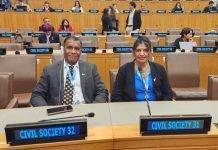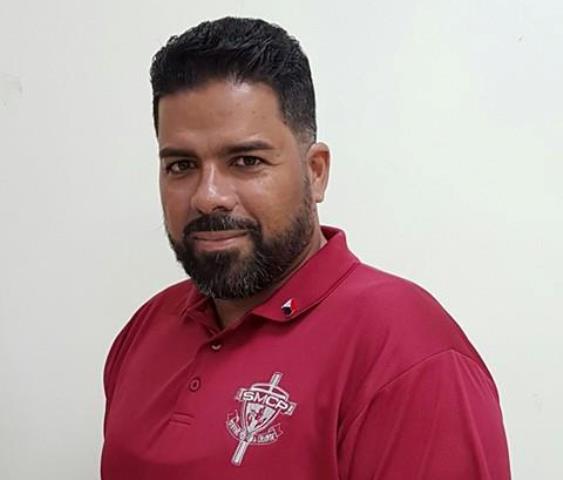Recently, I read an article in The Daily Herald where Minister Gibson intends to table a policy in the Council of Ministers to limit the salaries of top executives of government-owned companies to match that of the Prime Minister.
While I can agree with the Minister that the salaries and benefits for top executives in our government-owned companies are out of proportion, and do not seem to be based on production or results, I believe capping the salaries alone will not solve the inherent problems we see in our government-owned companies as well as in government.
This proposal is like putting cream on a recurring skin rash, but never really trying to deal with the real cause of the rash.
For years, I have been speaking of a top-down approach solution in which integrity, ethics, honesty and most of all accountability need to be the modus operandi. Our top executives and management of government and government-owned companies and foundations need to be held accountable for all their decisions. After all, this is why they are well paid positions.
During my years working in the Hotel Industry in Aruba, it became very evident to me that as I moved up the ladder, not only my salary was increased, but also my level of responsibilities and most of all accountability. The General Manager’s position, while being the highest paid, was also the most vulnerable position since the GM was accountable for everything.
I see this top-down approach being implemented as follows in government.
This also applies to government-owned companies and foundations:
- The people of St. Maarten-The people ultimately are the ones who hold the power in any society. We have the power to elect or not persons who are supposed to become the guardians of the Country.As a people we must be able to stand up for our rights. It was very sad to read in the Transparency International Report where they concluded that the St. Maarten people seemed to have lost the ability to exact what they need from their leaders and government (paraphrasing). So it all starts with the people.
- Parliamentarians – September 26, 2016, Election Day can start this process. This is the time for the people to cast their votes based on the right criteria and vote their future. The 15 MPs elected on that day will be critical to the country’s success in the next four years. They are the ones who will be tasked with selecting and appointing Ministers. We need 15 people who can put the best interest of the people ahead of self-interest.
- Prime Minister and the Council of Ministers – If the people make the right choices in step 2, we can actually appoint proper Ministers, who are not put there to make MPs rich, but to actually work for the people. They need to be professionals in their fields related to the Ministries in question. They also need to be strong managers and people to create and inspire teamwork.
- Secretary Generals (SGs) – These are permanent civil servants who have a lot of power in the success of a Ministry and in the ability for the right Minister to carry out the Governing Program, and vision for the Country. Unfortunately, many times they are politically affiliated. SGs will have to be held to a greater standard and they will have to set an example for their subordinates.Failure to do so should come with consequences. After all they are the Generals in this process of government. You cannot win a war if the generals are sabotaging the battle plan, and cannot rally the troops.
- Department Heads and Supervisors – We need to make sure they are very clear on their responsibilities and are qualified to do so. We know that over the years many people were promoted based on political affiliations and nepotism practices. Those who are not up to par should be given the proper training. All should undergo management training and training in ethics, corruption, customer service, team building techniques and whistleblowing.
- Civil Servant Corp Workers – These workers should be assessed regularly by the chain of command and motivated to work efficiently for the people. They must be discouraged from engaging in corruption and encouraged to denounce it when necessary. They need to be well trained in customer service, efficiency and productivity. They need to be rewarded for good work and promoted to top management whenever possible instead of recruiting from outside.
All in all everyone in this process from 1-6 should have to undergo a course in anti-corruption and ethics within government, and government-owned companies/foundations.
In the last 6 years, we have gotten many reports such as the Transparency International Report and the Judge Bob Witt report, which I believe we need to use as guides to isolate our areas of concerns, prioritize our approach to implement solutions. To this date all governments since 10-10-10 have just chosen to shelve these reports government itself commissioned and cost tax payers thousands.
I believe St. Maarten has the potential to be a great country and to provide great lives for its people. Yet, it is imperative that we all become part of the solution and not the destruction.
Corruption is not my culture. Don’t let it be yours!
Claude “Chacho” Peterson





























